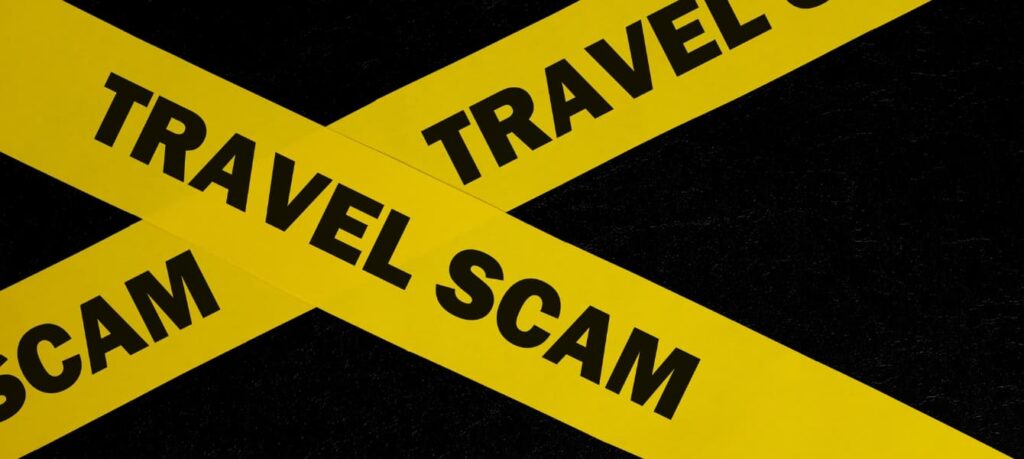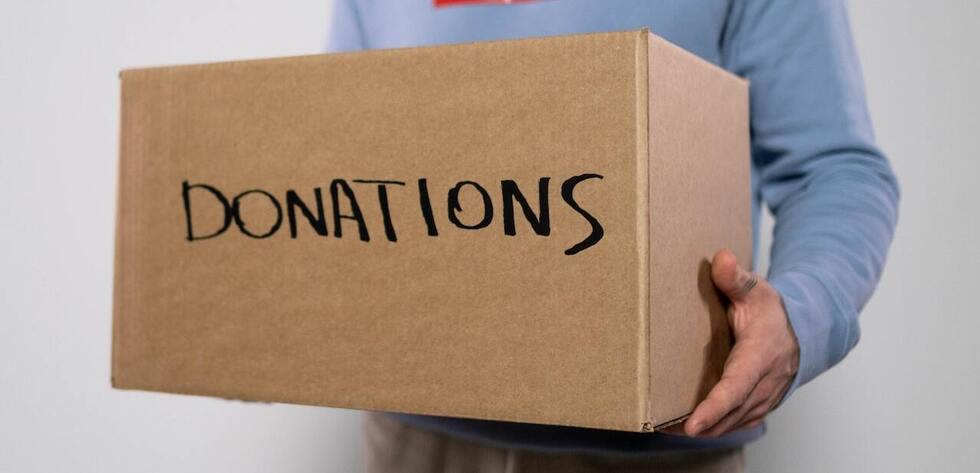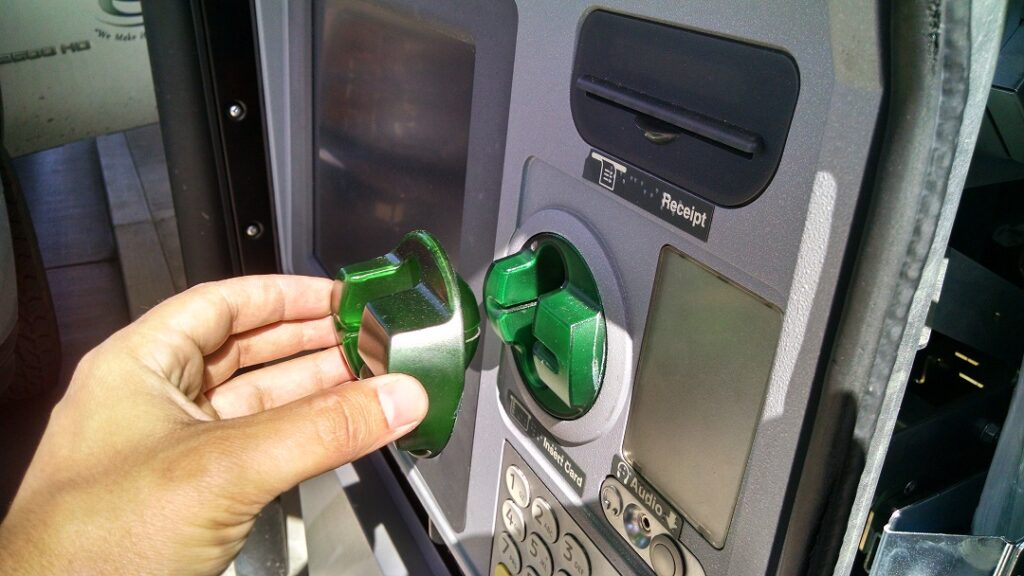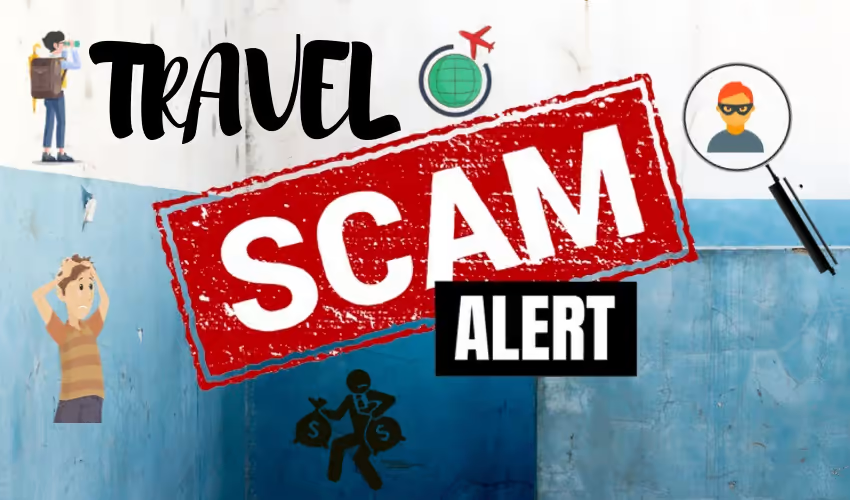Travelling Scams to Not Fall For
Traveling opens up a world of new experiences, but it also exposes you to a range of scams that can catch even the most cautious travelers off guard. During my own journeys, I’ve encountered a few scams that taught me valuable lessons. Here are some common travel scams to watch out for, along with tips on how to avoid falling victim.

1. The “Friendly Local” Scam
One of the most common scams I’ve encountered happened in several cities. It starts with a friendly local offering to show you around, offering free advice or suggesting a great place to visit. The offer seems harmless at first, but as you accept, they lead you to a shop or restaurant where you’re pressured into making an overpriced purchase or paying for a “tour.” These scams prey on your trust, especially in tourist-heavy areas.
How to avoid it: Politely decline unsolicited offers from strangers. Stick to guided tours with licensed operators, and if someone approaches you, always research the area beforehand to know where to go.

2. Overpriced Taxi or Rideshare Charges
I’ve experienced this scam in a few countries, where taxi drivers or rideshare operators try to take advantage of newcomers by overcharging or taking a longer route to increase the fare. In one instance, I arrived at a destination and was quoted three times the normal price for a short ride to my hotel.
How to avoid it: Before getting into a taxi, agree on a fare or ensure the meter is running. For rideshares, always check the price estimate in the app before confirming the ride. If you’re unsure, ask the locals for typical fare ranges.

3. Fake “Free” Souvenirs or Charity Requests
Another scam I’ve encountered is the “free” souvenir or charity donation scam. You may be approached by a vendor offering a free gift, usually something small like a bracelet, and then aggressively ask for money afterward. In another instance, a “beggar” outside a popular tourist spot asked for donations for a charity. However, when I researched later, I discovered that the charity didn’t exist.
How to avoid it: Never accept unsolicited gifts or offers of “free” items. If you want to donate to a charity, do your research to ensure it’s legitimate. Always trust your instincts—if something feels too good to be true, it probably is.

4. The Fake Tour Guide
In some places, unauthorized individuals pose as tour guides, offering you a great deal on a private tour of local landmarks. Once you’ve paid, they either deliver a subpar experience or disappear entirely, leaving you with no way to get your money back.
How to avoid it: Stick to official, licensed tour guides and check reviews online before booking any tours. If the offer seems too cheap, it’s probably not legitimate.

5. Hotel Booking Scams
During my travels, I’ve encountered websites offering unbelievably cheap hotel deals. While the offer seems too good to pass up, I later learned that the booking was never confirmed, and the hotel had no record of my reservation. I had to scramble for last-minute accommodations at higher prices.
How to avoid it: Book hotels through reputable websites or directly with the hotel to avoid scams. Always double-check your reservation confirmation and stay alert to signs of fraudulent booking websites.

6. ATM Skimming
In some locations, I’ve used an ATM only to notice strange devices attached to the machine that could potentially steal my card information. Fraudulent ATM skimming devices are more common than you might think, and they can be hard to spot at first glance.
How to avoid it: Use ATMs that are located in secure, well-lit areas—ideally inside banks or shopping malls. Inspect the card reader and keypad for any unusual attachments before using the machine.
While these scams can be unsettling, awareness is your best defense. By staying alert, doing your research, and trusting your instincts, you can ensure that your travels remain filled with positive experiences rather than scams. Safe travels!


0